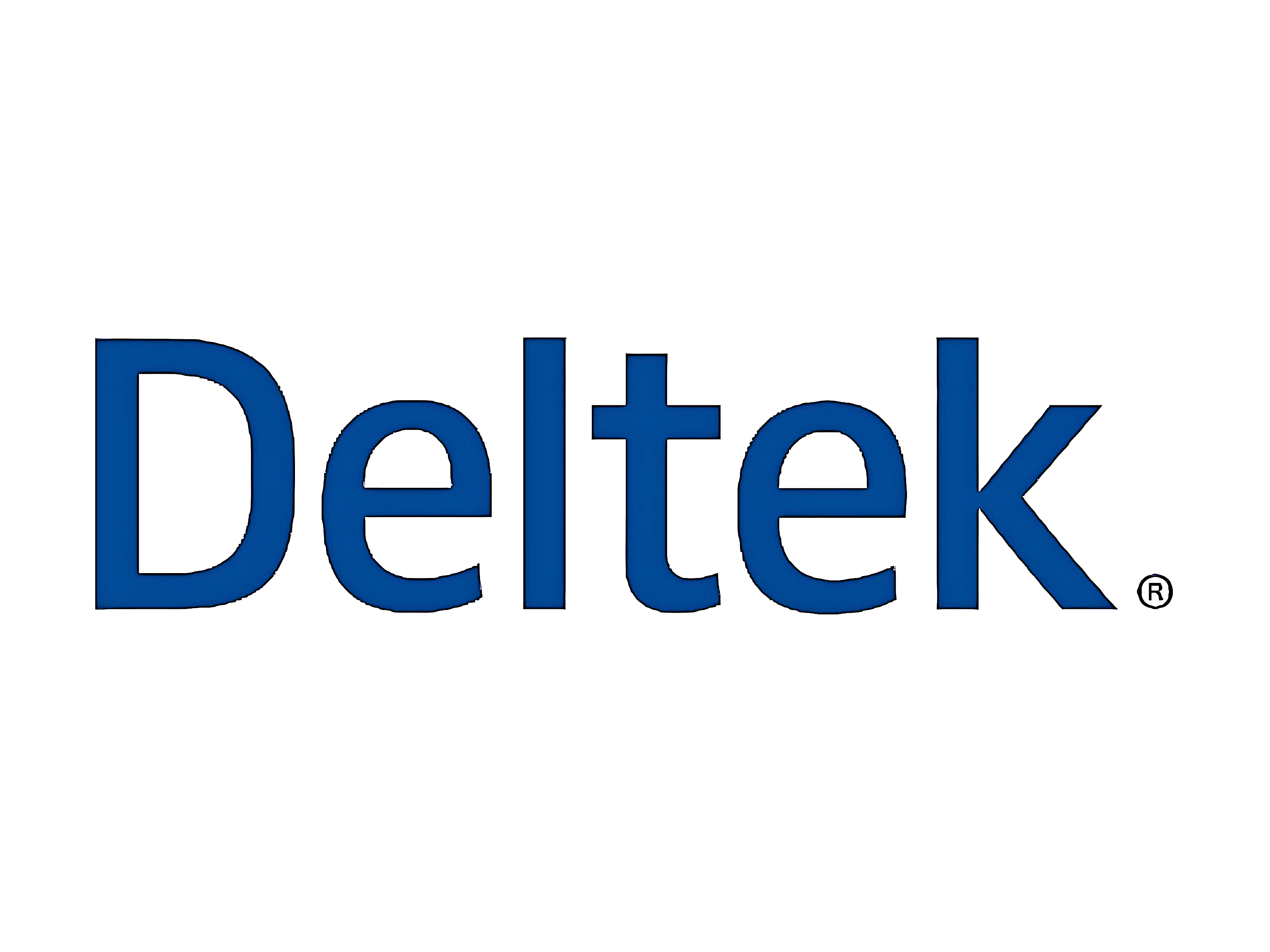Step-by-Step Guide to Implementing Monograph in Your Firm
Discovering the Secret Attributes of Monograph Accounting for Successful Accountants

Defining Monograph Bookkeeping: A Comprehensive Review
Monograph audit stands for a specific strategy within the broader field of economic coverage. This approach highlights the comprehensive and organized documentation of financial transactions and their effects. Unlike traditional bookkeeping, Monograph audit is often tailored to particular markets or distinct situations, supplying a focused framework for evaluation and coverage. It allows accountants to dive deeper right into specific locations, offering an extensive sight that straightens closely with organizational goals.
An essential function of Monograph bookkeeping is its flexibility; it can integrate various accounting requirements and methods as required. This flexibility enables accounting professionals to produce reports that are not only precise however additionally relevant to stakeholders. The technique frequently involves substantial research and exam of financial information, guaranteeing that every aspect is extensively recognized and documented. Therefore, Monograph bookkeeping offers as a vital tool for accountants aiming to supply informative financial analyses tailored to certain contexts.
The Value of Clearness and Accuracy in Financial Coverage

Imprecise or vague coverage can lead to misguided strategies, deteriorated trust amongst capitalists, and regulatory examination. For that reason, accountants have to focus on precision in their work, ensuring that figures are thoroughly verified and economic narratives are coherent. This not just promotes transparency however also enhances the general trustworthiness of the company.
Inevitably, clarity and accuracy in economic reporting are indispensable for preserving stakeholder confidence and advertising lasting service growth. Accountants play an essential duty in supporting these criteria, making their proficiency very useful in navigating the intricacies of financial information.
Streamlining Decision-Making Processes Through Monograph Bookkeeping
Effectiveness in decision-making processes is considerably boosted via the principles of Monograph audit. By settling comprehensive financial information right into a single, systematic structure, accounting professionals can quickly access essential details necessary for notified choices. This approach lowers the moment invested in data retrieval and interpretation, permitting an extra agile action to economic situations.
In addition, Monograph accounting emphasizes clear classification and thoughtful organization of economic purchases, which minimizes mistakes and miscommunication. When accountants utilize these principles, they can present financial insights in an organized fashion, helping with conversations amongst stakeholders.
In addition, the standardization integral in Monograph accounting enables seamless comparisons across different periods or departments, additionally aiding in strategic planning. This structured strategy not just optimizes the inner procedures of audit experts but likewise improves the general organizational dexterity, equipping organizations to adjust to altering market conditions swiftly.
Trick Benefits for Accountants and Their Clients
While adopting Monograph bookkeeping may need an initial financial investment of time and resources, the long-term benefits for both accounting professionals and their customers are significant. This audit method promotes improved accuracy and transparency, enabling accountants to preserve more clear monetary records. By consolidating info right into a singular story, customers acquire better understandings right into their financial health, helping with notified decision-making.
Monograph accountancy cultivates stronger client partnerships with boosted communication. Accounting professionals can provide financial data in a more absorbable layout, making it less complicated for clients to understand intricate information. This quality not just builds count on but likewise encourages proactive economic administration
Furthermore, the streamlined processes related to Monograph accounting minimize the likelihood of mistakes, which can save both money and time. Ultimately, the combination of this strategy results in more effective procedures, making it possible for accountants to give better solution while equipping customers with improved monetary understanding and control.
Practical Applications of Monograph Accountancy in Various Industries
In what means can monograph audit transform different markets? By offering a concentrated and detailed method to monetary reporting, Monograph audit boosts quality and accuracy throughout varied sectors. In health care, for instance, it helps with the accurate tracking of patient prices and source allocation, inevitably enhancing economic management. The production industry gain from its organized evaluation of production expenses, enabling much better pricing pop over to this site strategies and profitability evaluations.
In the retail market, Monograph accountancy assists in supply monitoring and sales projecting, helping services optimize stock levels and minimize waste. In the nonprofit sector, it helps in transparent coverage of grant financing and resource utilization, promoting depend on among stakeholders. Overall, Monograph audit's tailored methodologies allow companies to achieve economic openness and operational performance, making it a vital device across various sectors. Its flexibility makes certain that businesses can fulfill particular accountancy demands while maintaining compliance with policies.
Frequently Asked Questions
What Software Is Ideal for Applying Monograph Accounting?
The very best software program for implementing Monograph bookkeeping consists of copyright, Xero, and Sage. These platforms offer detailed features tailored for reliable monitoring, reporting, and management of financial information, assisting in streamlined accountancy processes for experts.
Exactly How Does Monograph Accounting Differ From Conventional Bookkeeping Techniques?
Monograph audit focuses on specific jobs or clients, emphasizing thorough tracking and reporting for specific entities, while typical accountancy accumulations data throughout all entities, focusing on total monetary wellness as opposed to project-specific insights and performance.
What Are Common Challenges Accountants Face With Monograph Bookkeeping?
Accountants frequently run into difficulties with Monograph accounting, consisting of complexity in economic coverage, assimilation with existing systems, making certain compliance with laws, adapting to one-of-a-kind customer demands, and managing the comprehensive documentation needed for exact evaluations.
Are There Details Rules Governing Monograph Bookkeeping Practices?
Yes, particular guidelines commonly govern Monograph bookkeeping methods, including adherence to national audit standards, click site compliance with tax obligation regulations, and industry-specific guidelines. Accountants need to continue to be enlightened to ensure their techniques align with these established structures.
How Can Accountants Stay Updated on Monograph Bookkeeping Trends?
Accountants can stay upgraded on Monograph audit trends by signing up for sector magazines, participating in relevant workshops and conferences, taking part in specialist organizations, and involving with on-line discussion forums committed to accounting standards and ideal practices. (Monograph)
Monograph accountancy provides a special structure that enhances monetary reporting for accounting professionals. Unlike traditional accounting, Monograph audit is commonly customized to certain sectors or unique circumstances, providing a focused structure for evaluation and coverage. look these up A vital feature of Monograph audit is its adaptability; it can incorporate various audit standards and techniques as required. By providing a focused and detailed strategy to economic coverage, Monograph bookkeeping improves clearness and precision across diverse fields. Yes, details guidelines often control Monograph accountancy methods, including adherence to nationwide audit standards, compliance with tax obligation regulations, and industry-specific standards.